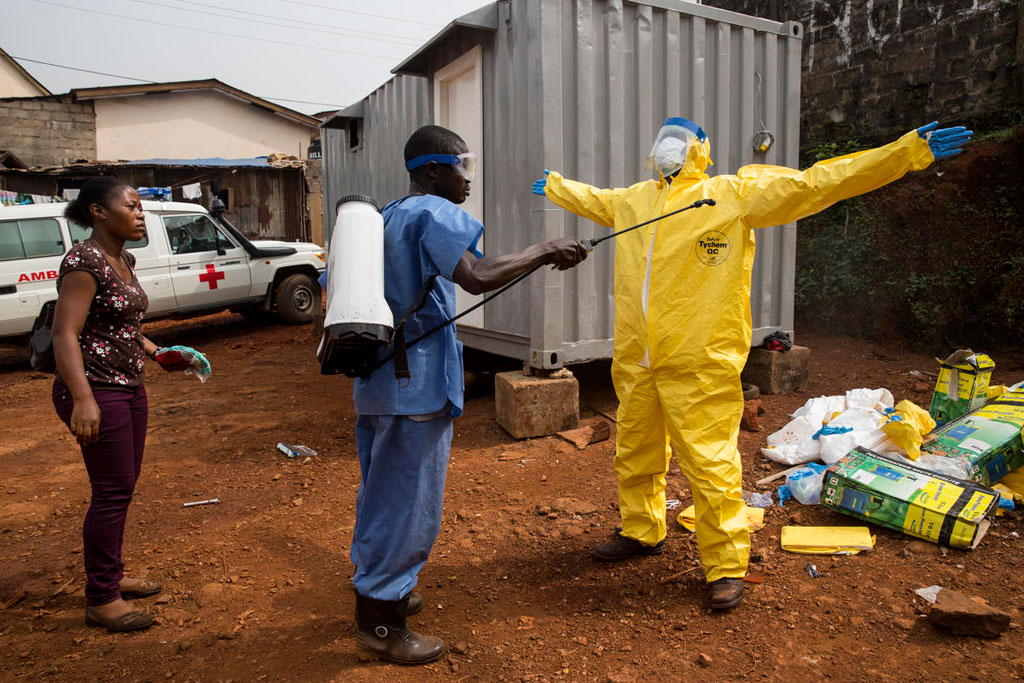Sierra Leone’s National Ebola Response Centre (NERC) has confirmed fresh case of the deadly Ebola virus, barely one month the country was declared Ebola free by the World Health Organization (WHO).
The country’s Head of National Ebola Response Centre, Pallo Conteh described the three new Ebola outbreaks in Freetown as a setback in the fight against the deadly viral disease that has killed 3,900 Sierra Leoneans since it spilled over from neighbouring country, Guinea in May 2014. According to him, the first of the three new cases was reported on June 17 after a casual labourer, Mohamed Kamara, tested positive to the Ebola virus and six other people were taken to the holding centre.
Conteh admitted that the road to achieving zero cases “would be bumpy” until the Ebola virus was finally defeated but assured that latest cases would be managed. He condemned the report that burial teams were demanding up to 100 dollars from bereaved families to bury their dead, declaring “this must stop!”
In a related development, the government of Guinea has placed four villages under 21-day quarantine as part of a robust strategy to stamp out the lingering Ebola epidemic after discovery of new cases of the viral disease in the areas. According to information released by the health ministry, the quarantine will apply to Sikhourou Koloteya in the Forecariah prefecture southeast of the capital Conakry along with Tanéné and Bamba in Dubreka prefecture as well as Tamarasy villae in the Boké mining region.
“In practice, a hooping system will be organised resulting in a ban on movement by inhabitants in the affected locations. We have already started to apply the new measures today in Forecariah. The other locations will follow from tomorrow,” the ministry disclosed.
Twenty-one days is the standard observation period for an individual believed to have come in contact with an Ebola-infected person. Health officials will also carry out intensive door-to-door visits to homes in the quarantined areas to try to identify cases of the disease.
By Olisemeka Obeche
[divider]



